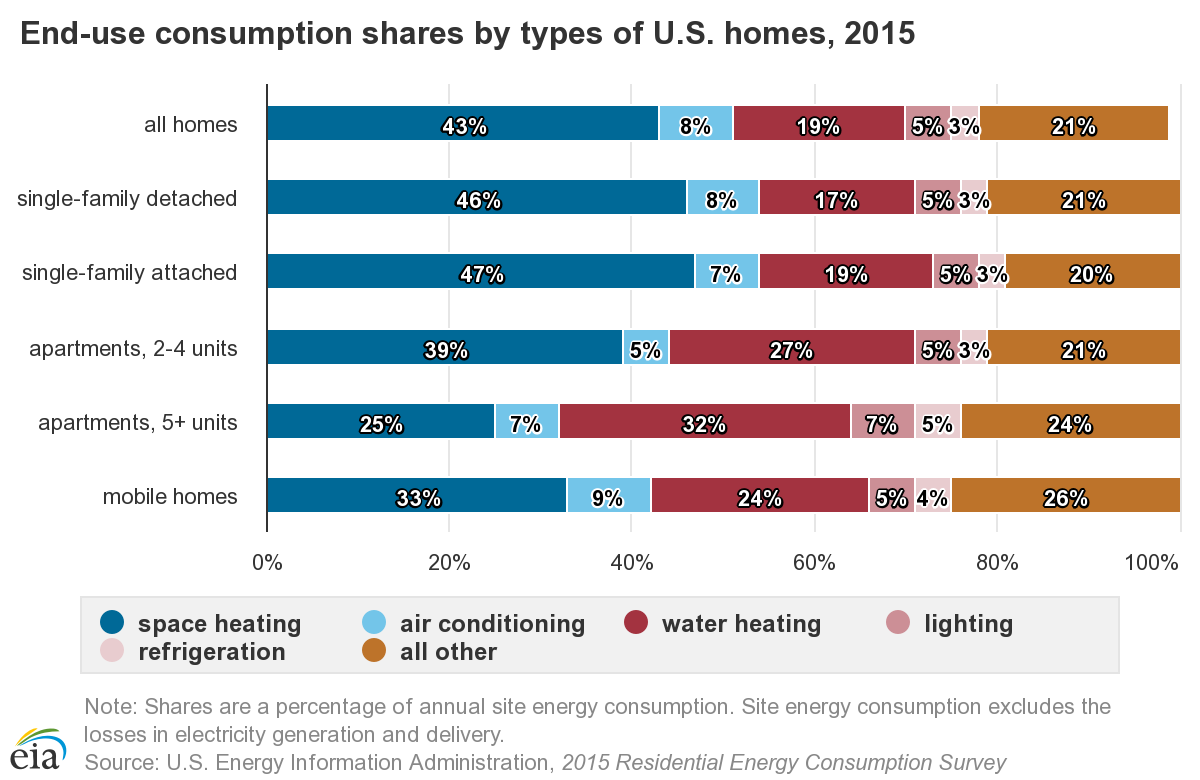What to expect on your bill
When you look at your electricity bill in the coming months, you will likely see an increase in usage and the overall price of your bill. Before we break down the biggest impacts to your bill, let’s look at how energy usage is calculated. When you use electricity, your electric meter logs that usage using Kilowatt-hours, or kWh as the basic unit of measurement. As an example, let’s say you have a 100-watt lightbulb that has been lighting a room for ten hours. This would be shown on your meter as 1kWh. At the end of the month, the usage reported by your meters is what determines your bill.
It’s no secret that when temperatures hardly reach zero for multiple weeks at a time your furnace must work overtime to keep you and your family warm, stacking up those kWhs. Pair an overworking furnace with vehicle block heaters, shop climate control systems, and space heaters and you’ll begin to see why more power is used in the winter season than any other in our service area. Making sure you have a heat meter to receive our discounted rate, using space heaters only when necessary, and weatherproofing your home are all ways to keep your bill low this season. Also, consider having your furnace inspected yearly to ensure it’s running at peak efficiency. Not only is it a safety concern, but it could also mean the difference of hundreds of dollars!
To explain further the importance of a well-running furnace, here is a breakdown of consumption types throughout the U.S. The figures in the chart below are approximate representations of yearly energy use in a standard home. Location, the type of home and its physical characteristics (insulation, windows, general weatherproofing), and the number of household members all factor into the amount of energy a household uses. You will see nearly 50% of energy consumption is from space heating, which makes a lot of sense since winter feels like it lasts 9 months out of the year in North Dakota!

Always keep in mind the actual power consumption of your appliances will vary depending on their efficiency. TVs, computers, and other devices left plugged in but not turned on still draw power and can impact your bill. If you’ve checked your furnace, haven’t run space heaters or hooked up any new electronics, and still have an abnormally high bill, don’t hesitate to reach out to us with your concerns.
